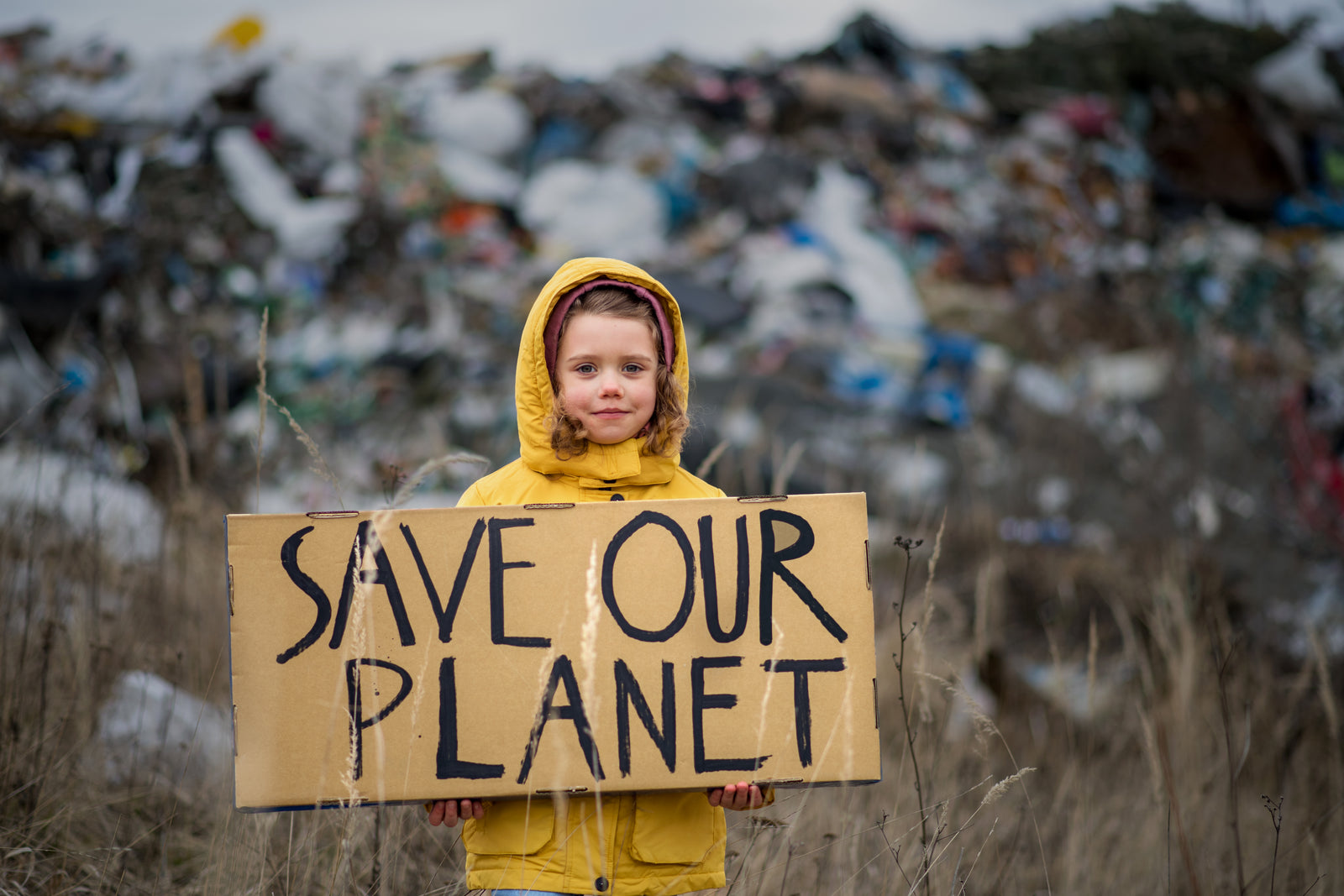What is Killing Our Oceans Coral Reefs?

Coral reefs are some of the most diverse underwater habitats, they support more than 7000 species of fish, birds, invertebrates, sea turtles, and marine mammals. They cover less than 0.1 percent of the ocean surface, but its biodiversity makes them a critical aspect of marine life. Coral reefs play a critical role in the ecosystem; however, a recent trend shows that these spectacular habitats disappear at an alarming rate. Already, 10 percent of coral reefs have been killed. More than 50 percent of what's left is at risk of death due to human impact on the environment.
Here are just a few ways human activity is killing off the Oceans Coral Reefs.

Pollution
Toxic substances such as pesticides, metals, pathogens (from livestock dens), and inadequately treated sewage, all affect coral life. Once these substances get into this massive body of water, they can have a major effect on algae (the symbiotic plant, which coral reefs use to gather the oxygen they need to grow and reproduce). Also, Metallic substances dissolved in water affect the reef's defensive abilities making them vulnerable to bleaching due to an inadequate supply of oxygen.
Marine debris left behind by fishing boats and plastic materials can find their way into the ocean. These plastics can kill coral reefs by blocking sunlight, hence inhibiting photosynthesis which is necessary for the production of oxygen needed by reef organisms. Sea animals can also consume microplastics causing health issues and introducing potential toxins into the ocean.

Coral Reef Harvesting
Coral is used in a variety of products that we often take for granted, such as jewelry, home decor, skin care products, and physical chucks of Coral as well. By allowing a demand to form for the mentioned products, we have unknowingly caused an increase in coral harvesting which is destroying various aquatic ecosystems.

Ocean Acidification
It's estimated that ocean acidity has increased steadily by 30 percent since the onset of the industrial revolution. This is expected to increase by another 40 percent by the end of the 21st century. Oceans absorb carbon dioxide from burning fossil fuels to form carbonic acid. The latter increases ocean acidity, reducing the availability of dissolved nutrients required by coral reefs to form the calcium-carbonate structure.
Other factors that lead to the death of coral reefs include climate change, climate change is causing irreversible damage to our ocean, including the effects it has had on ocean circulation patterns and an increase in the intensity and frequency of tropical storms. Also, a rise in atmospheric temperatures which heat the ocean, causing corals to lose algae, which are responsible for mutual interdependence.

Conclusion
Recent reports show that the world has lost nearly half of its coral reefs in the last three decades. Further speculations suggest that the world could, as well, lose 90 percent of the remaining coral species by 2050, if the same trends persist.
Don't forget to follow @Tutublueca on Social Media







Leave a comment